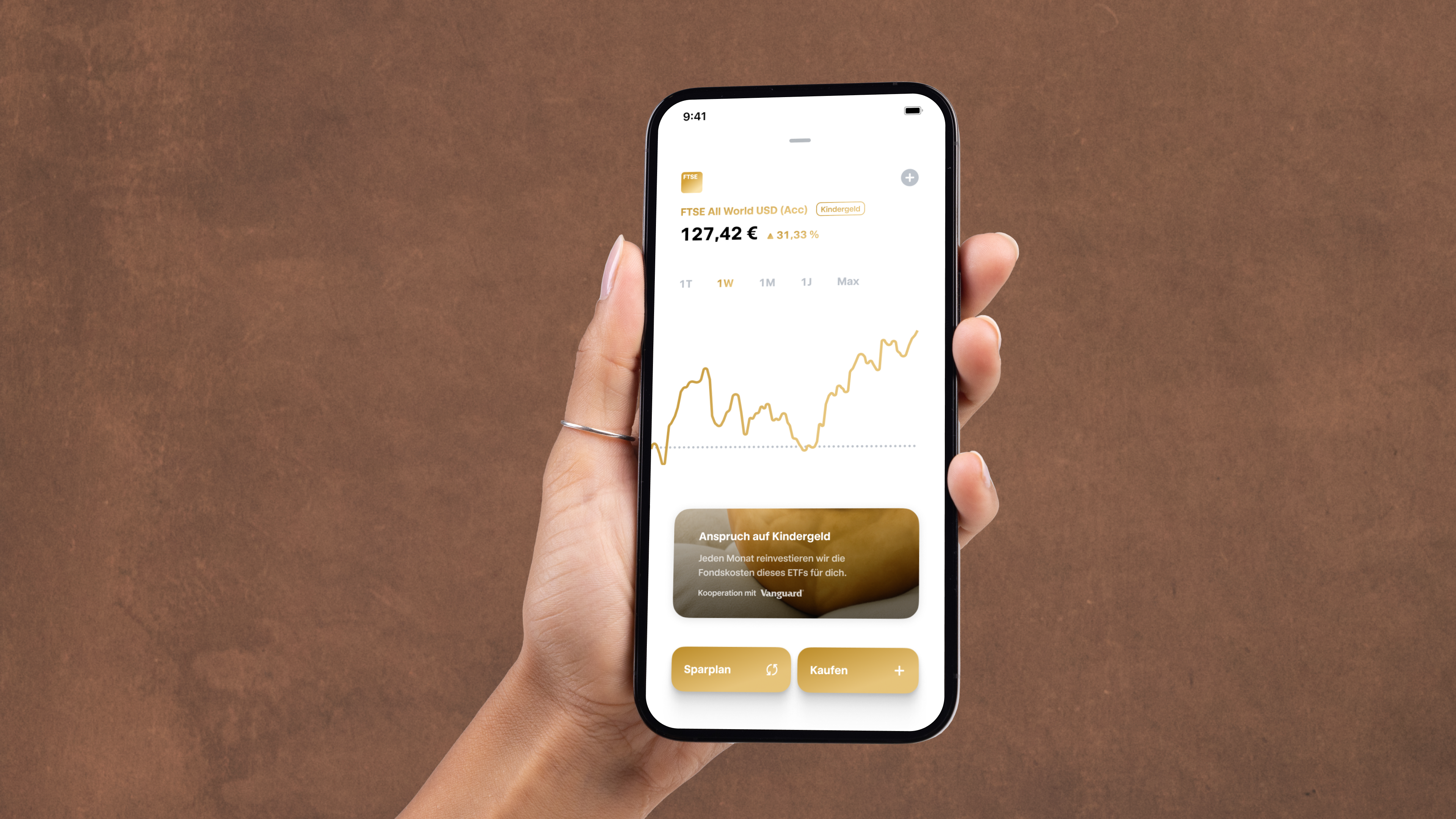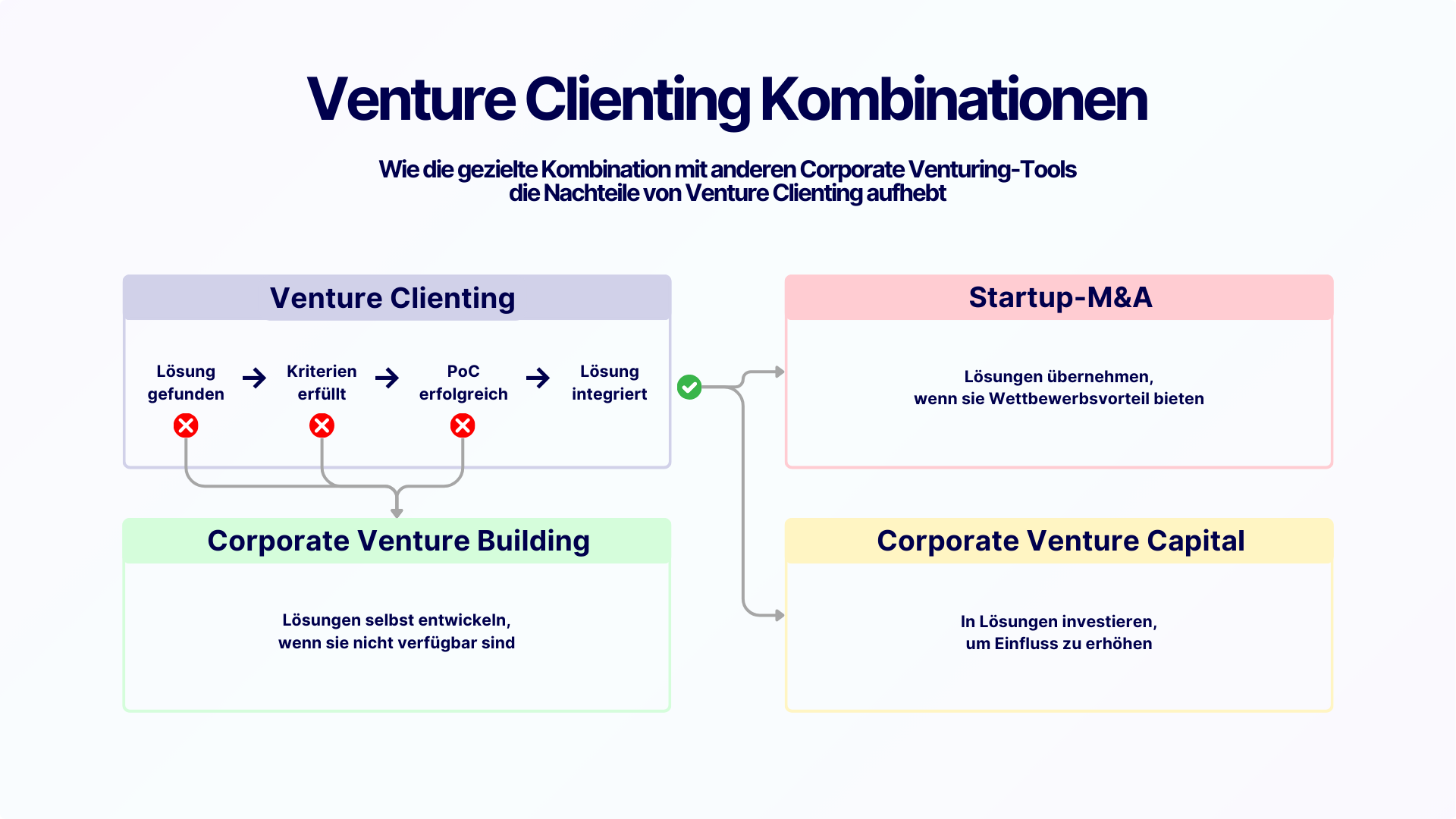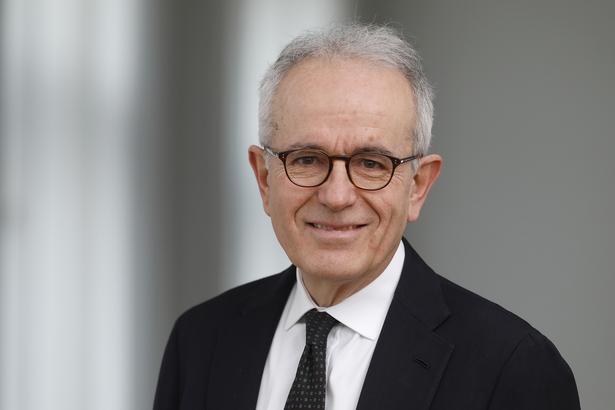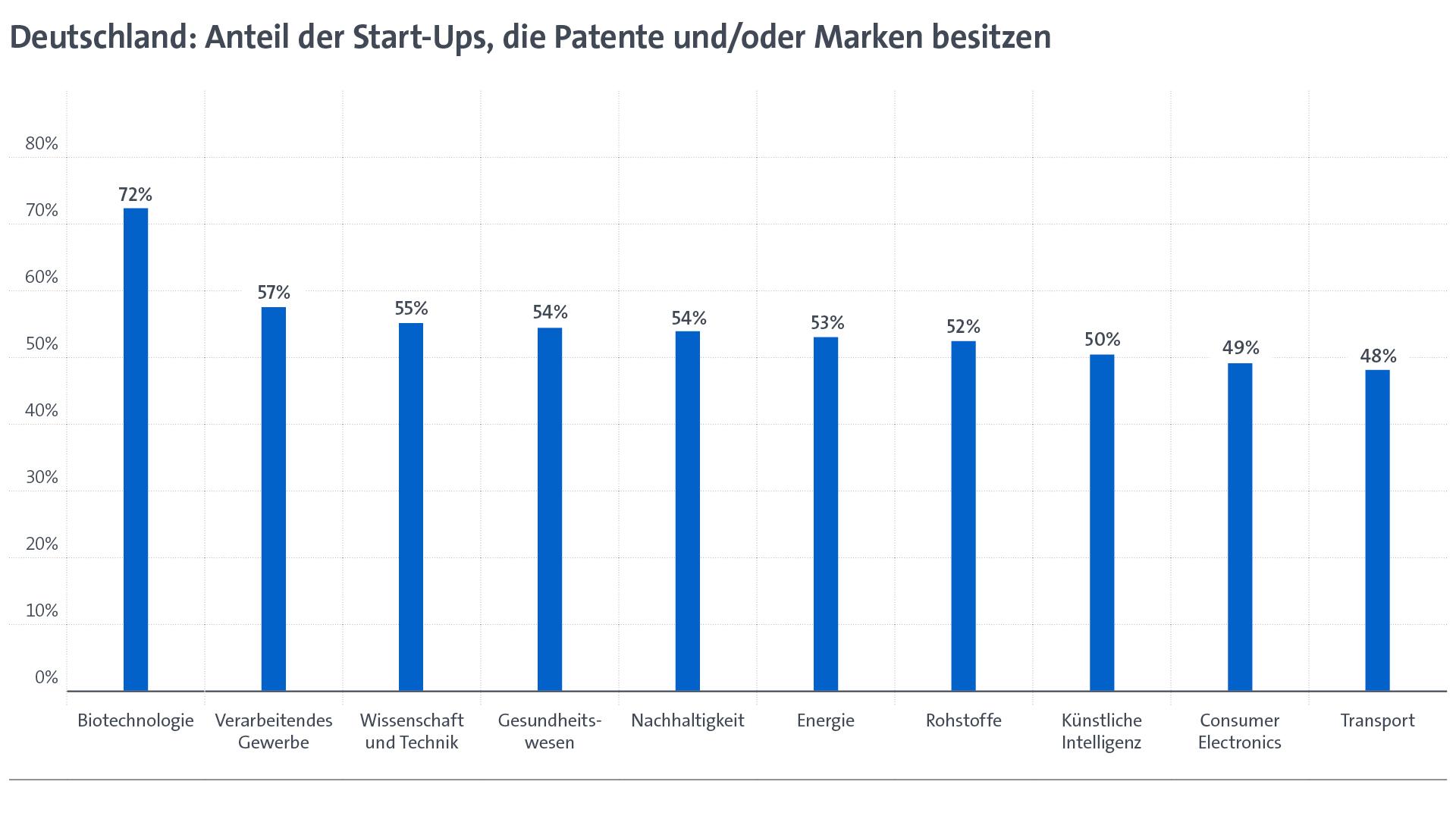This is what the perfect business plan looks like

Every start-up needs it and only a few know what it should look like. These are the ultimate tricks.
What does the perfect business plan look like? The answer: There is no such thing as a perfect business plan! The main purpose of a business plan is to convince an investor. And: bank, venture capital fund, business angel - every type of investor ticks differently. Above all, a business plan must be tailored to the target audience and take into account the specific characteristics of the respective investor.
Above all, a business plan must be tailored to the target audience and take into account the specific characteristics of the respective investor.
Dr. Julius Tennert
The bank as an investor
A bank provides founders with loans, for which they have to pay interest to the bank. When a bank provides money for a start-up, the risk is usually distributed asymmetrically from the bank's perspective. If the start-up is successful, the founders receive the majority of the profits from the high-risk venture, while the bank only receives the interest from the loan as a "profit share". If the start-up is not successful, the bank loses the majority of the money invested. From the bank's point of view, therefore, small interest gains are offset by a large risk of loss. A bank is therefore primarily interested in minimizing its risk of loss. It will therefore only be prepared to finance a start-up if the founders can demonstrate that the risk of the business model is low and that the company will quickly generate stable income that can be used to cover interest and repayments.
Conclusion: Business plans with a focus on banks as lenders
A bank will primarily assess the risks of a business model and look at the short-term financial planning. It is particularly important to the bank that sales can be generated quickly with a start-up so that enough liquidity is available within a very short time to service interest and repayments. Where a start-up might be in ten or fifteen years is of little relevance to the bank.
The venture capital fund as an investor
A venture capital fund provides founders with equity capital, in return for which the fund receives a stake in the company. The venture capital fund therefore shares both risk and opportunity with the founders. Unlike a bank, a venture capital fund anticipates from the outset that the majority of start-ups will fail. A rule of thumb in the venture capital scene is: "one out of ten". The venture capital fund therefore expects around nine out of ten start-ups to fail. The one remaining start-up must then be so successful that all other losses are offset and the fund can still make a profit overall. A venture capital fund makes a profit primarily by selling its investment at some point in the future. As a rule, a venture capital fund remains invested in a start-up for five to eight years. Venture capital funds are therefore primarily looking for start-ups that have the greatest possible growth potential within this period.
Conclusion: Business plans with a focus on venture capital funds as equity investors
A venture capital fund will primarily assess the opportunities of a business model and carefully evaluate the target market and the growth strategy of a start-up. As a venture capital fund does not expect regular interest or redemption payments, the short-term profitability of the start-up is not an investment criterion for the fund. Much more important is the potential of the company and therefore the potential value of the investment in five or eight years' time. The most relevant factors here are how large the start-up can become and how well it can assert itself against competitors. If a venture capital fund recognizes great growth potential in a market, business model or strategy, the fund is also prepared to take high risks.
The business angel as an investor
As business angels are usually private individuals, the form of financing depends on the individual motivation of the business angel. Financing can be provided in the form of equity or a loan, or in a hybrid form (mezzanine capital). The business angel therefore has the investment criteria of both a bank and a venture capital fund. In addition, many business angels invest irregularly and have a very small investment portfolio. In a small portfolio, diversification is low and individual high losses have a strong impact. As with banks, business angels therefore have a high loss aversion, regardless of whether they provide their investment in the form of a loan or in the form of equity. However, as business angels usually choose financing in order to benefit from the long-term development of a start-up, they are primarily looking for start-ups with a balanced risk/reward ratio.
Conclusion: Business plans with a focus on business angels as lenders or equity providers
A business angel will primarily assess the risk/reward profile of a business idea. As the business angel has a less diversified portfolio, diversification into different development options for the start-up is particularly valuable to them. Which alternative markets, target groups or business models can be pursued with the company and which growth options are conceivable. The option of reaching break-even in the medium term and building up a solid medium-sized company in the event that major growth does not work out is therefore also very attractive for the business angel.

Newsletter
Startups, stories and stats from the German startup ecosystem straight to your inbox. Subscribe with 2 clicks. Noice.
LinkedIn ConnectFYI: English edition available
Hello my friend, have you been stranded on the German edition of Startbase? At least your browser tells us, that you do not speak German - so maybe you would like to switch to the English edition instead?
FYI: Deutsche Edition verfügbar
Hallo mein Freund, du befindest dich auf der Englischen Edition der Startbase und laut deinem Browser sprichst du eigentlich auch Deutsch. Magst du die Sprache wechseln?



















